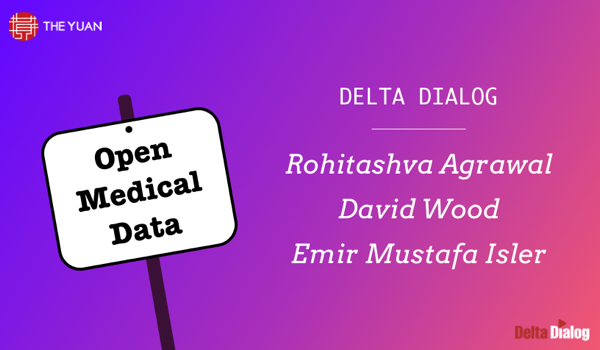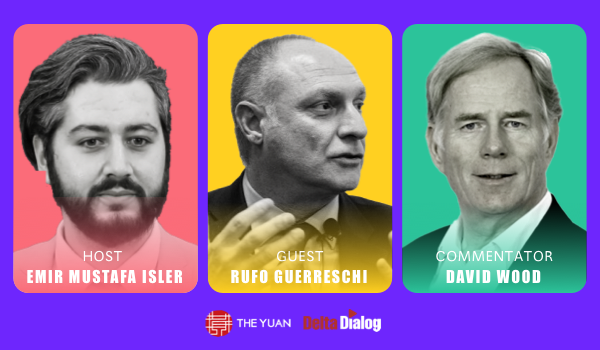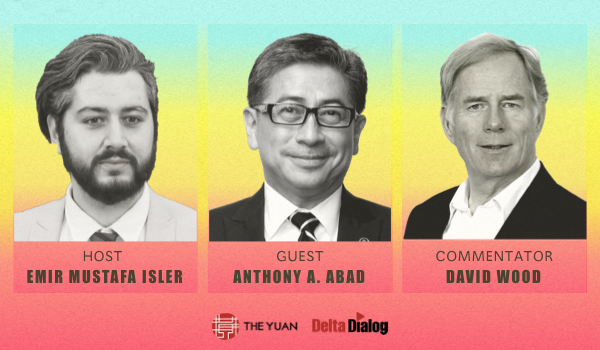
ISTANBUL -
Transforming Healthcare: AI, ChatGPT, Blockchain, and the Metaverse
Artificial intelligence (AI) has the potential to completely change how patients are diagnosed, treated, and cared for, revolutionizing the healthcare sector. We examine the potential effects of AI on India's healthcare system in this episode of our podcast. The innovative AI technology ChatGPT, which has potential for solving the gaps in India's healthcare system, is explained in detail by Rohitashva Agrawal. ChatGPT has the potential to greatly improve the quality and effectiveness of healthcare delivery, from assisting in diagnosis to maximizing patient communication and involvement.
Healthcare AI's future is not without difficulties. We discuss the potential effects of conflict, inflation, energy shortages, and finance on AI-related innovation in health tech firms in our talk with Rohitashva Agrawal. We also talk about the industry's resiliency and the potential for "boring" technologies that slowly advance healthcare, even though these factors can be barriers. Despite obstacles, the COVID-19 pandemic's increased adoption of new technology gives optimism for easing the burdensome reimbursement process, especially for startups and small businesses exploring AI-driven healthcare solutions.
Blockchain technology has drawn attention because of its important uses in the healthcare industry. In this episode, we examine how blockchain technology might protect patient data and offer individualized medical care. Rohitashva Agrawal provides illustrations of how blockchain improves patient privacy, interoperability, and data integrity, leading to more effective and individualized healthcare solutions. Blockchain technology has the potential to significantly change the healthcare industry, from protecting electronic health information to facilitating decentralized clinical trials.
In our podcast episode, we explore how the Metaverse could revolutionize healthcare. Its emergence has captured the attention of the entire world. The implications of the idea are highlighted by Rohitashva Agrawal, who also provides insights into specific instances of how the Metaverse might be used in healthcare settings. The Metaverse opens up new vistas for providing healthcare services, from remote monitoring and immersive patient education to virtual consultations and training simulations. However, as this technology develops, it is crucial to take into account important issues like accessibility, inclusivity, and ethical usage of the Metaverse.
What’s in it for me? / Why should I care?
Everyone needs to be aware of how AI, blockchain, and the metaverse are affecting healthcare. It makes it possible for people to have access to better and more individualized healthcare, gives them the power to decide for themselves what is best for their own health, ensures data security and privacy in an increasingly digital healthcare environment, and enables them to actively participate in creating a more inclusive and effective healthcare system in the future. People can actively participate in conversations and contribute to a healthcare environment that benefits everyone by remaining educated about these technologies.
Further Reading:- Open health data will help fix India's healthcare
- Metaverse in medicine: hope or dope?
- Potential applications of ChatGPT in healthcare in India





 443 views
443 views






